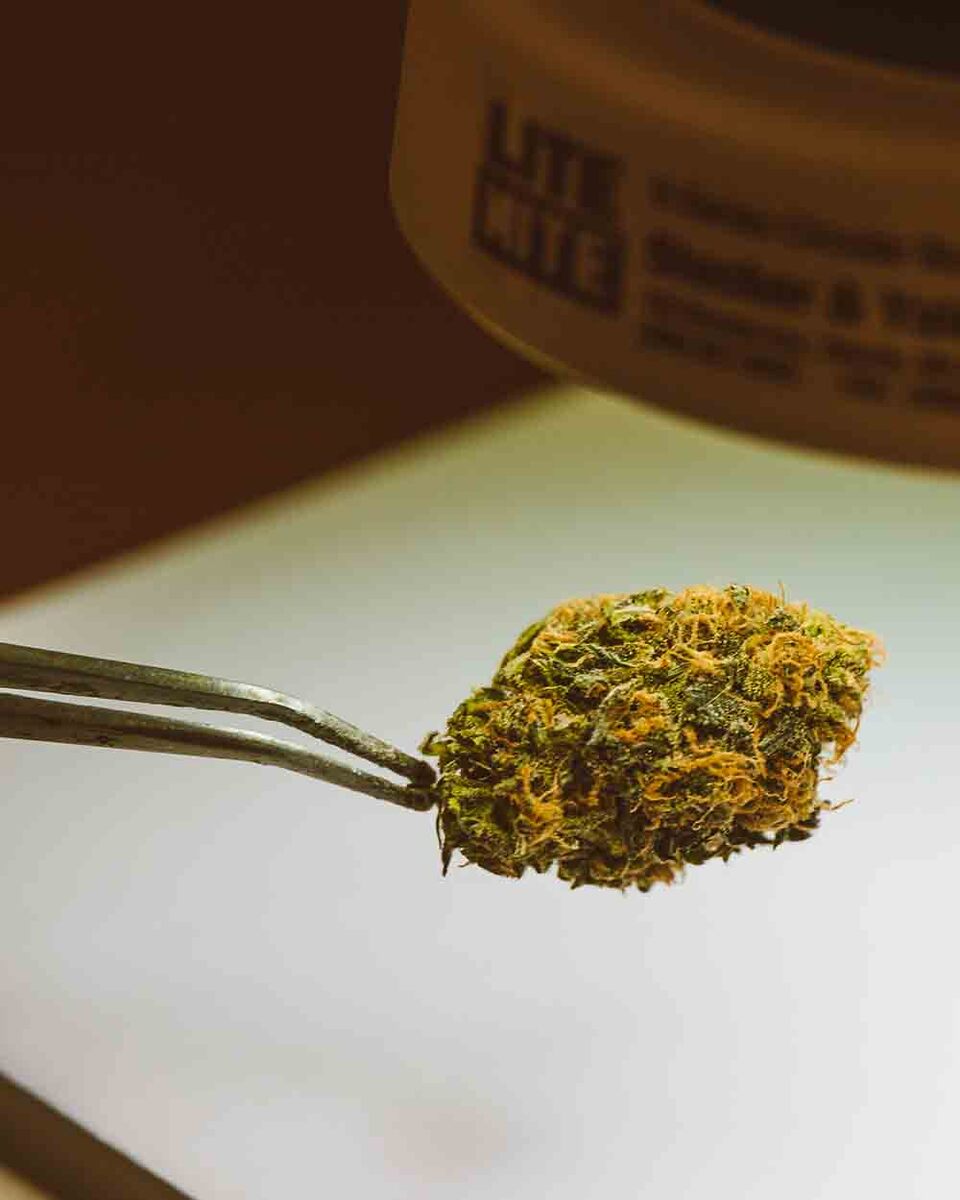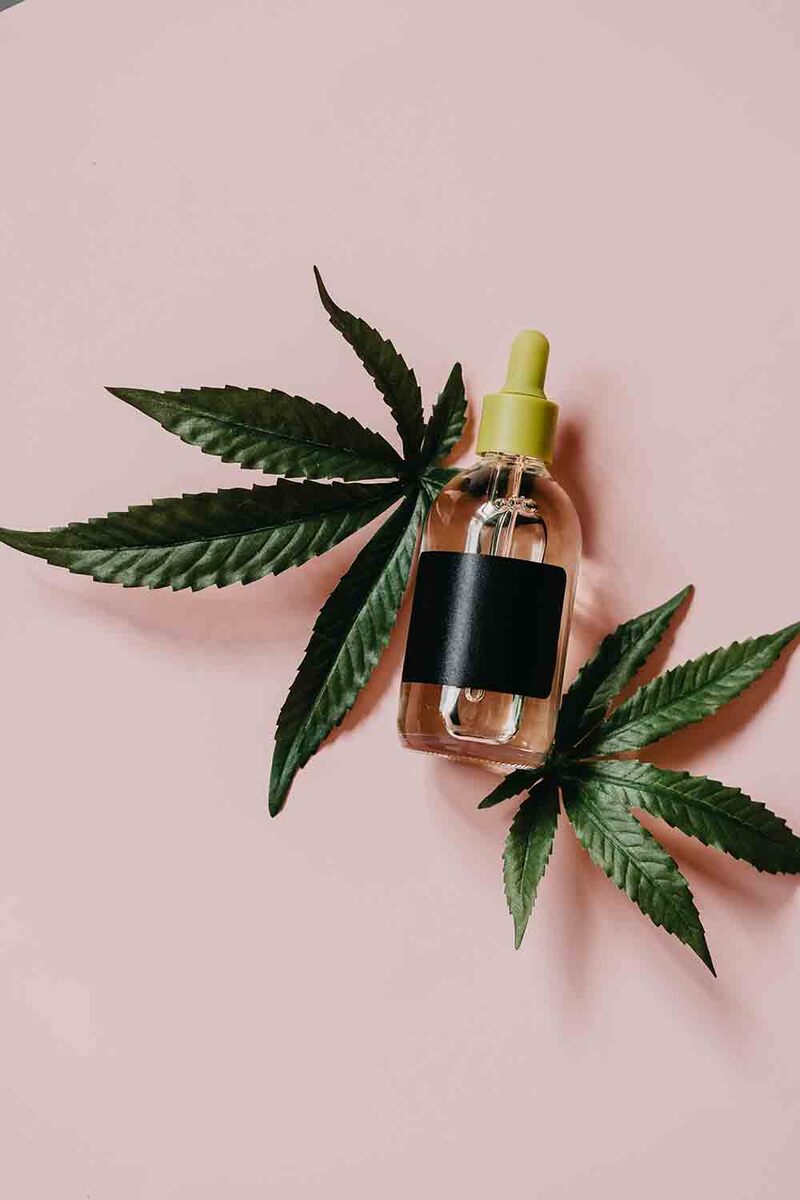
THCA and Balanced Living: Integrating Cannabinoids Responsibly
THCA, cannabis benefits, safe consumption, mindful usage, cannabis compounds, health and well-being
THCA is a non-psychoactive compound found in cannabis plants. When heated, THCA in cannabis turns into THC, the psychoactive ingredient that gives cannabis its High.
Studies unveiled the remarkable benefits of THCA in recent years. This extraordinary compound has captured the attention and curiosity of many industries and people. While there are numerous products out there, you need to be careful about which mode you choose.
You must remember balancing is the key. If you are mindful of your THCA consumption, you will get its optimum benefits without facing any risks. We have compiled a list of matters you can look into if you want to incorporate THCA in your life responsibly.
1. Know Different Methods of Integrating THCA
There are many ways you can take THCA. Adding it to your routine has many benefits and risks. If you want to keep your THCA consumption steady, choose the method that is the safest for you. Different methods are:
- Smoking, Vaping, and Dabbing
Smoking is the most commonly used method of taking cannabinoids. Vaping and dabbing are also common among cannabis users. All these methods include heating the THCA. Burning THCA-rich cannabis flowers or extracts produces smoke.
Remember, when you heat THCA, it will turn into THC, which gives you a high. So, smoking, vaping, or dabbing THCA will not be the best idea in case you do not want to be high.
However, smoking or vaping high thca flower is great for getting the psychedelic experience, as it gets absorbed in your system faster.
- Oral Consumption
There are many ways through which you can consume THCA. Here are a few modes you can try.
- Supplements
THCA pills are usually made from raw cannabis plant material or extracts that have not been heated. These can come as oils, alcohol-based tinctures, capsules with powders, isolate powders, or even solid tablet pills.
You can take the supplements orally or put these in drinks (not recommended for tablets). Its effects can differ based on dose, individual response, and how it's used.
- Edibles
Edibles contain THCA-infused food or drinks. They are more potent, longer-lasting, and body-focused. The most popular forms are gummies, brownies, cookies, and chocolates. THCA can be infused into oils, butter, and other components for cooking and baking. Making homemade edibles with exact doses is possible with this method.
- Raw Cannabis
Raw cannabis is another option because it is a superfood that isn't given enough credit. Many people consume raw cannabis for its numerous health benefits. Most patients acquire their recommended daily intake of THCA from eating raw cannabis greens.
Some ways you can take your raw cannabis are: juicing, smoothies, salad dressings blended in a blender, raw salads, salads, teaming the greens gently, etc.
- Infusions and Teas
The effects of infusing THCA into teas or other liquids are calming and progressive. You can have your favorite tea or chai flavor infused with the goodness of THCA. You can also customize the dosage and flavor.
- Topicals
Creams, lotions, and balms with THCA are called topicals. These can be administered directly to the skin. They target localized pain, inflammation, and skin diseases and are non-psychoactive. Topicals provide THCA advantages without the high.

2. Master “Your Method”
As we mentioned earlier, you can consume THCA in various methods. Not all the methods will give you the best outcomes. Some can even cause some risks. Knowing what works best for you can be a savior.
In general, here are some things to think about, no matter how you consume it:
- Dosage. If you're new to THCA or cannabis in general, start with a low amount. You can always slowly increase the dose until you reach the desired effects.
- Tolerance. Different people can handle different amounts of THCA and THC. What works for one person might not work for another, so pay attention to how your body behaves.
- Health. If you are pregnant, have an underlying health problem, or take medications, you should talk to a doctor before using cannabis products.
- Quality. Use tested, high-quality goods from reputable sources to reduce risks and make sure your experience is always the same.
- Environment. When using THCA, think about where you are and who you are with. The smell and appearance can be different depending on how it's used.
3. Balancing Between Addiction and Mindful Consumption Of THCA
To avoid becoming addicted to THCA, you have to be careful about how often you use it. As THCA doesn't get you "high" like its psychoactive cousin THC, it might seem less likely to become a habit, but you still need to be careful. Moderation is the key. Setting clear limits on how much you use and sticking to them prevents you from building up a tolerance and becoming addicted.
Purpose-driven use is just as important. Knowing why you use it, whether it's for medical, comfort, or fun reasons, helps you stay in control. Especially for therapeutic reasons, talking to a doctor can help you figure out the right dose. Rotating strains can stop people from getting used to them since different traits make it hard to predict them.
Mindful self-monitoring shows changes in mood or well-being, which can point to trends that aren't good for you. Having a support network talk with you about your drinking makes you more accountable, and doing different things makes you less dependent on THCA.
Taking regular breaks helps your tolerance level out and decreases your physical dependence. When you prioritize exercise, meditation, managing stress, and hobbies, you feel less of a need to depend too much on THCA. By knowing what THCA does, you can make better choices.
Remember that everyone reacts differently, so you need to be self-aware and able to change. Finding skilled help or support groups is essential if self-management doesn't work. Responsible THCA use comes from being well-informed, setting clear limits, and keeping things in balance.

Bottom Line
Incorporating THCA is a great way to get the goodness of cannabis without risking your overall mental stability and awareness, which can be an issue when you get exposed to its psychoactive effects. Keeping the balance while incorporating THCA into your regular life is crucial.
With time, information, and careful thought, THCA can help you take a more balanced and whole-person approach to your health and well-being. So, be mindful and incorporate THCA into your life seamlessly.
Frequently Asked Questions (FAQ)
1. Is THCA very effective?
Answer: Since THCA is inactive and lacks psychotropic properties, it is regarded as a weaker form of THC. However, when heated, it changes into a THC molecule with greater potency. THCa crystals and concentrates are available from a few vendors. These crystals contain THC, which becomes very active when heated.
2. Is THCA harmful?
Answer: THC, one of the cannabinoids, can be toxic and cause cell death in mammalian cells when tested in vitro. It is probable that acidic cannabinoids, like THCA, are also cytotoxic since they are biosynthesized outside of the cell.
3. Which proportion of THCA is ideal?
Answer: The THCA content of cannabis seeds typically ranges from 15% to 20%. If you keep your cannabis plants at approximately this concentration, you can count on getting consistent yields of THCA. At the 25% mark, though, things start to become very dangerous. Cannabinoids like THCA are metabolized in various ways by different persons.













